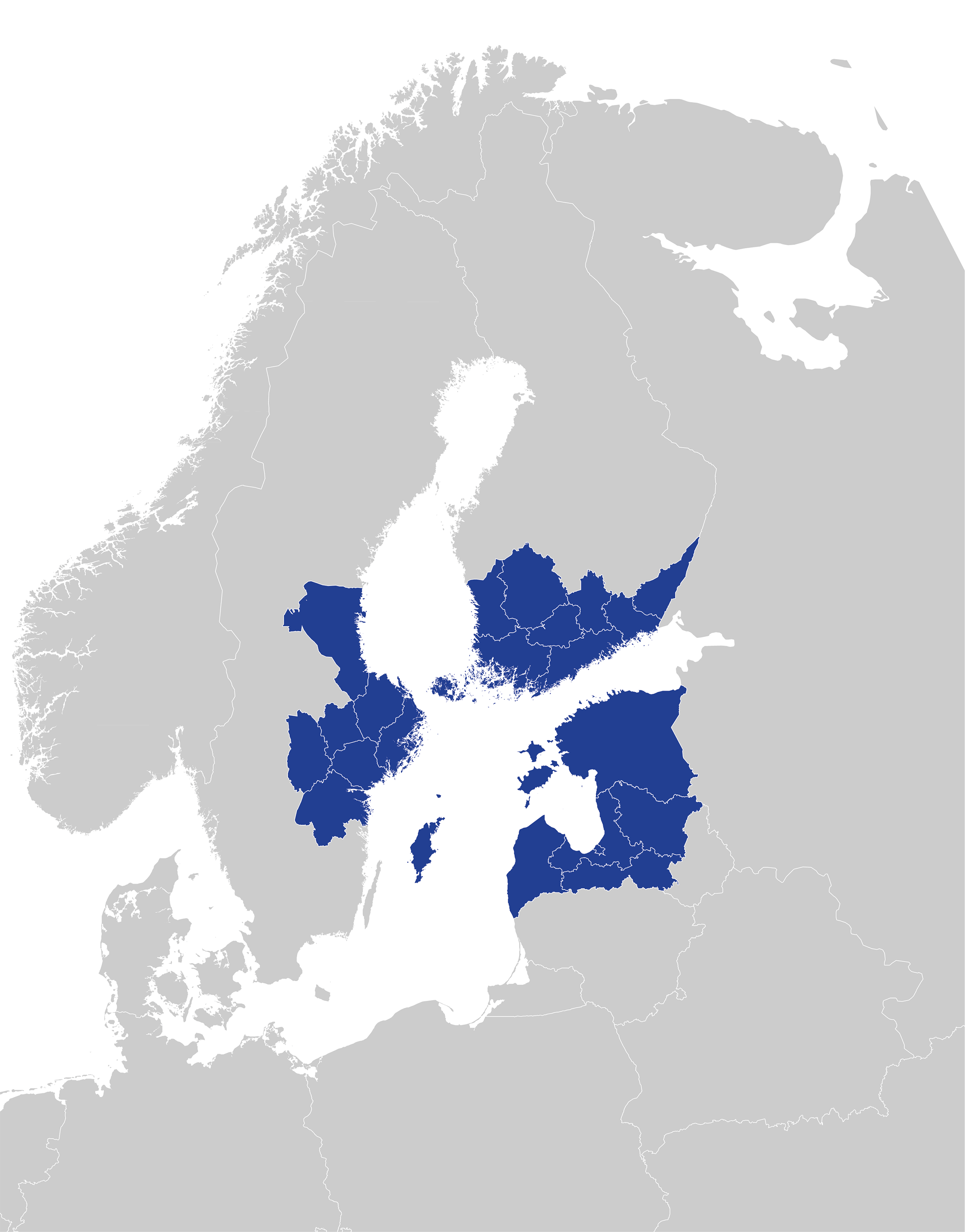This is development site
BalticReed
BalticReed

BalticReed
Although nutrient load from land-based sources to the Baltic Sea has reduced significantly, good ecological status of the coastal waters has not been reached, partly due to land-based load, and partly because of internal loading from the bottom sediments. The BalticReed Project will uptake nutrients from the Baltic Sea, improve water quality and restore the coastal habitats by harvesting dense reed beds, and, in addition, recycle the reed biomass and nutrients to be utilized on land.
Harvesting of coastal reed beds can cost-efficiently remove significant amounts of nutrients from coastal waters, as one ha reed bed contains approx. 5-10kg of P and 50-100 kg N. It has been estimated that in Sweden and Finland there are over 300 000 ha coastal reed beds, and the estimated cost per reduction has been estimated being approx. 30 – 60 €/kgP and 2,1- 3,75 €/kgN, based on previous local level pilots. Concrete nutrient reductions and habitat improvements will be achieved with reed harvesting and habitat restoration pilots in Finland, Åland and Sweden.
In addition, in collaboration with commercial stakeholders of the region, the BalticReed project will analyze the main bottlenecks and opportunities for commercialization of reed-based value chains and products, learn from operating reed-based markets in Estonia, and pilot reed-based products and value-chains during the project. At the same time, legislative, social, and ecological sustainability of reed harvesting will be ensured. The project will consult and engage key local and environmental stakeholders and coastal inhabitants for establishing region-wide terms and practices for constant and sustainable, reed-based annual nutrient reductions.
The Project Budget is approx. 3 MEUR, and the partneship includes John Nurminen Foundation (LP), Race For The Baltic, Åland Goverment, Arcada University of Applied Sciences, Östergötland County Administrative Board and the ELY Centre for Southwest Finland.
Expected results
The project aims to improve the state of the Baltic Sea by long-term nutrient reductions from coastal waters with reed harvesting, and complements land-based measures by restoring coastal ecosystems. Thick reed beds retain significant amount of nutrients: One hectare of dense reed contains 5-10 kg of phosphorus(P) and 80-100 kg of nitrogen(N). Harvesting of reed beds results in two benefits: Uptake of nutrients and improving the coastal habitats which benefits the biodiversity. The project targets to cut and collect reed from 300 hectares of overgrown coastal habitats, which equals to reduction of 1500-3 000 kg P and 24 000-30 000 kg N. Altogether 12 coastal bays with poor water quality (EU WFD) will be selected for pilots in Sweden, Åland and Finland. Development of viable uses and reed-based production chains ensure the durability of results and multiply the potential of the annual nutrient removal from the coastal waters.
Target value: number of pilots & improved coastal habitats
Duration 01.05.2023 - 30.04.2026
Total budget
Programme priority
Improved environment and resource useProgramme objective
PO4 - Improved coastal and marine environmentLead partner
John Nurminen Foundation

Find BalticReed on social media